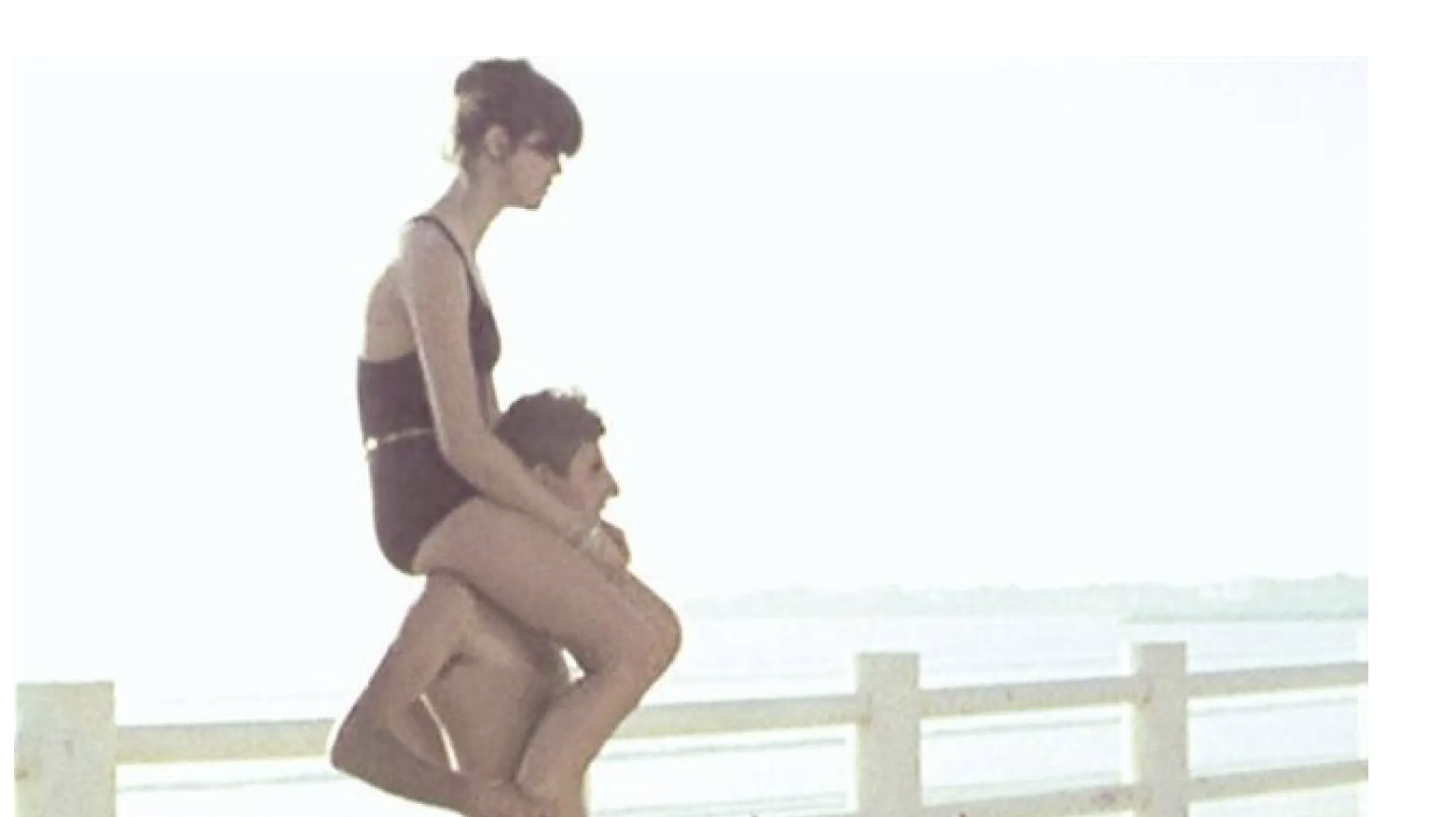Handsome Furs - "Talking Hotel Arbat Blues"
Daphnis and Chloe
by John-Pierre Cortot, at The Louvre
Francois Gerard - 1825
Paul Tillich on Courage (From, "The Courage to Be")
“…The aristocratic element in the doctrine of courage was preserved as well as restricted by Aristotle. The motive for withstanding pain and death courageously is, according to him, that it is noble to do so and base not to do so. The courageous man acts ‘for the sake of what is noble, for that is the aim of virtue.’ ‘Noble,’ in these and other passages, is the translation of kalós and “base” is the translation of aischró, words which usually are rendered by ‘beautiful’ and ‘ugly.’ A beautiful or noble deed is a deed to be praised. Courage does what is to be praised and rejects what is to be despised. One praises that in which a being fulfills its potentialities or actualizes its perfections. Courage is the affirmation of one’s essential nature, one’s inner aim or entelechy, but it is an affirmation which has in itself the character of ‘in spite of.’ It includes the possible and, in some cases, the unavoidable sacrifice of elements which also belong to one’s being but which, if not sacrificed, would prevent us from reaching our actual fulfillment. This sacrifice may include pleasure, happiness, even one’s own existence. In any case it is praiseworthy, because in the act of courage the most essential part of our being prevails against the less essential. It is the beauty and goodness of courage that the good and the beautiful are actualized in it. Therefore it is noble.”
William Eggleston Shopping Cart Photo ("Untitled 1965")
From "The Brothers Karamazov"
“Dear Pyotr Ilyich, do you know how to step aside?”
What do you mean?
”How to make way. To make way for a dear being and for one who is hateful. So that the hateful one, too, becomes dear…”
Simeon Solomon - "Annunication"
Jan Brueghel & Peter Paul Rubens - "The Sense of Sight", 1617
Carel Visser - Cube and Its Piling Up, 1967
Black Sabbath - "Orchid"
Trina Schart Hyman from "Two Queens of Heaven"
Four from "Near Orouët" (Du côté d'Orouët) - Jacques Rozier, 1971
Jack Whitten - 'Quantum Wall VIII (for Arshile Gorky, My First Love in Painting' (2017)
Jeff Aeling - "Pond East of Dodge City, KS" (2009)
Musette tendre en rondeau from Jean-Phillipe Rameau's "Les fetes d'Hebe"
Van Morrison - "Almost Independence Day"
Jessica Williams - "The Weapon of Truth"
Arthur Schopenhauer on the soul, from "On The Suffering of the World"
The present has two halves: an objective and a subjective. The objective half alone has the intuition of time as its form and thus streams irresistibly away; the subjective half stands firm and thus is always the same. It is from this that there originates our lively recollection of what is long past and, despite our knowledge of the fleetingness of our existence, the consciousness of our immortality.
Whenever we may live we always stand, with our consciousness, at the central point of time, never at its termini, and we may deduce from that that each of us bears within him the unmoving mid-point of the whole of endless time. It is fundamentally this which gives us the confidence to live without being in continual dread of death.
He who, by virtue of the strength of his memory and imagination, can most clearly call up what is long past in his own life will be more conscious than others of the identity of all present moments throughout the whole of time. Through this consciousness of the identity of all present moments one apprehends that which is most fleeting of all, the moment, as that alone which persists. And he who, in such intuitive fashion, becomes aware that the present, which is in the strictest sense the sole form of reality, has its source in us, and thus arises from within and not from without, cannot doubt the indestructibility of his own being. He will understand, rather, that although when he dies the objective world, with the medium through which it presents itself, the intellect, will be lost to him, his existence will not be affected by it; for there has been as much reality within him as without.
Katherine Lewis - "Swimmers" (2024)
Anna Wintour, 1988
Photo by Ron Galella / Getty Images



